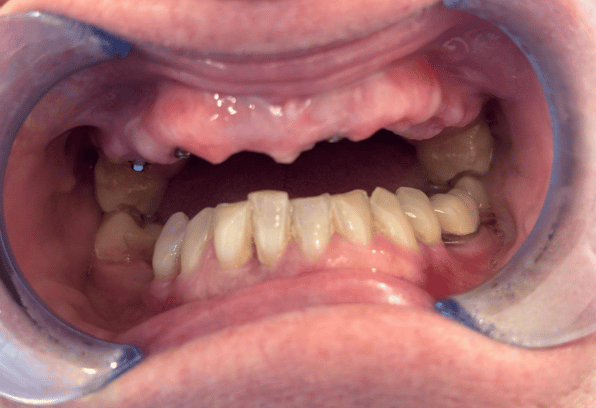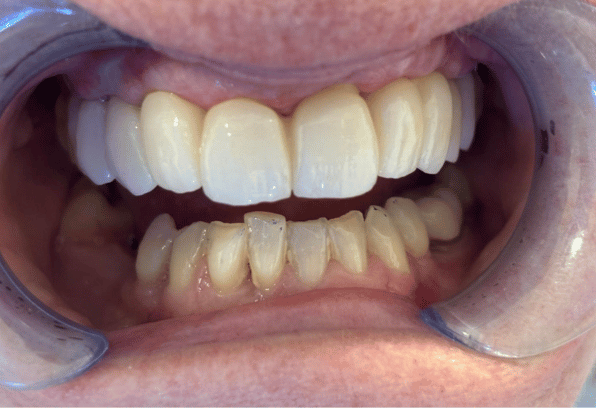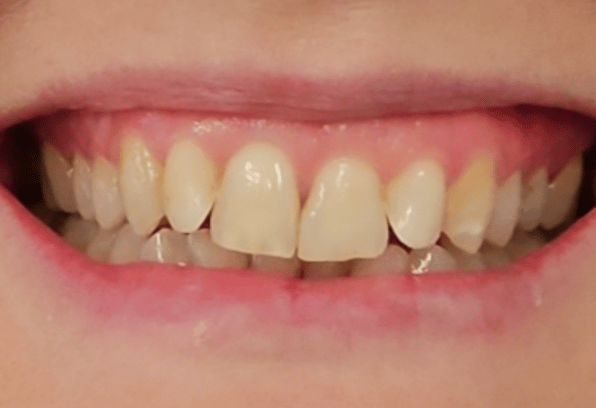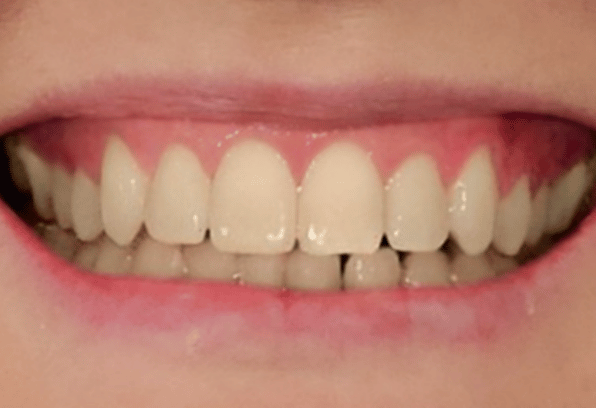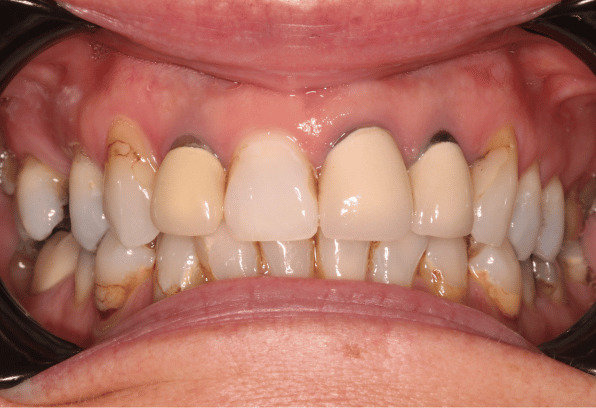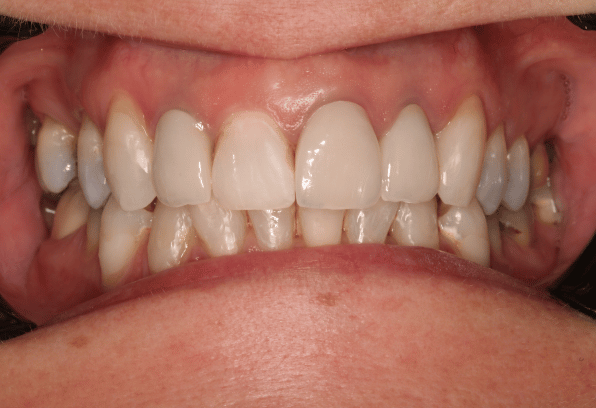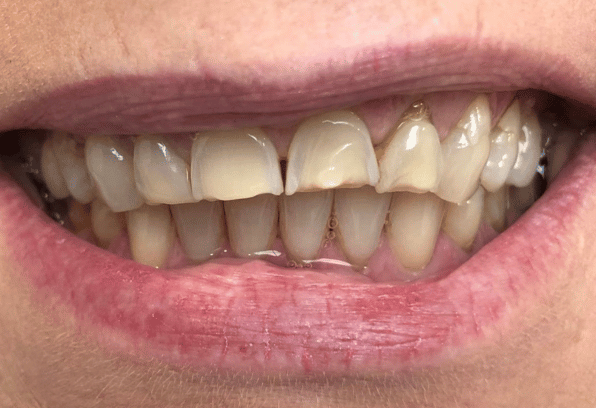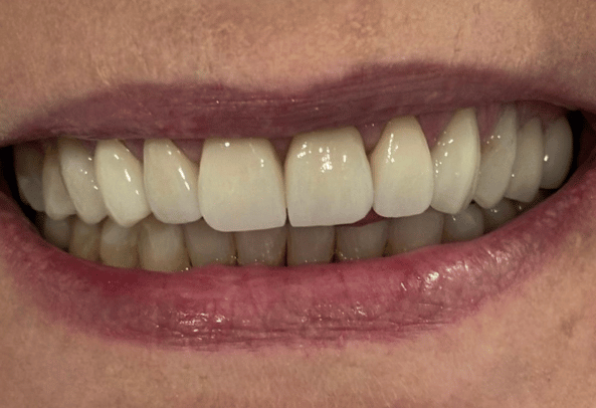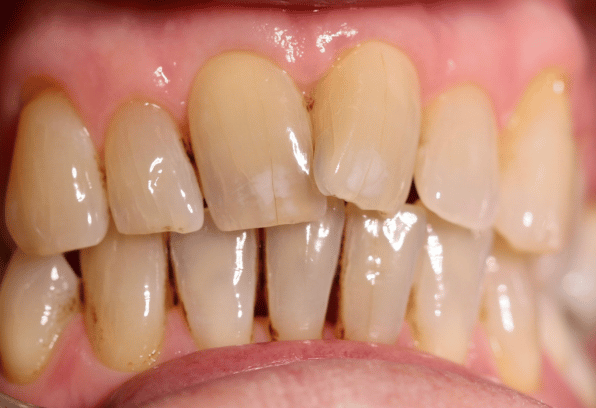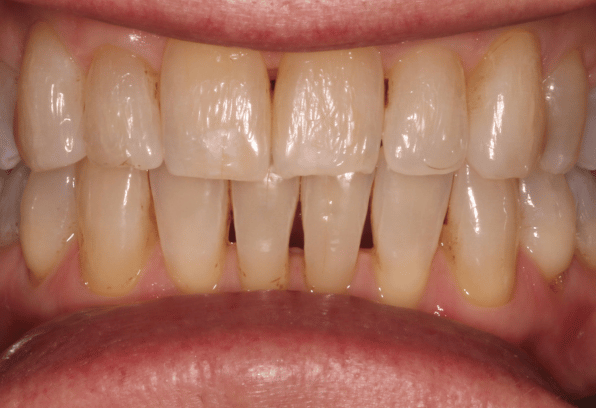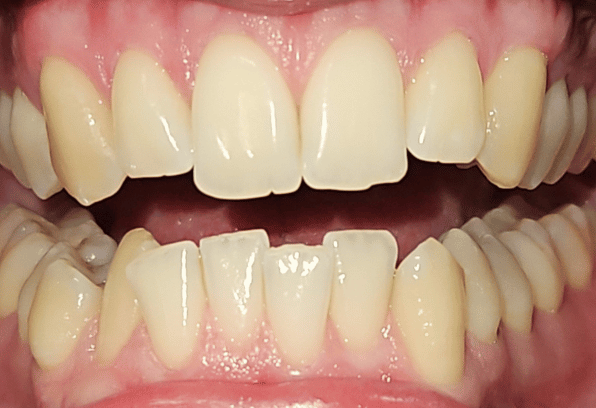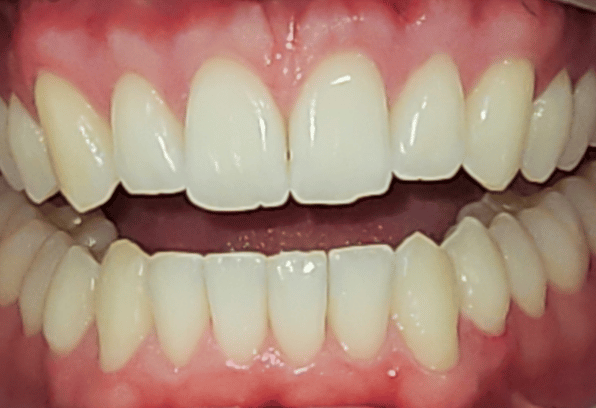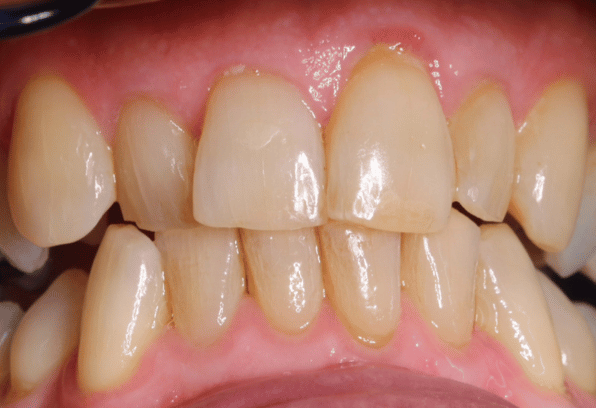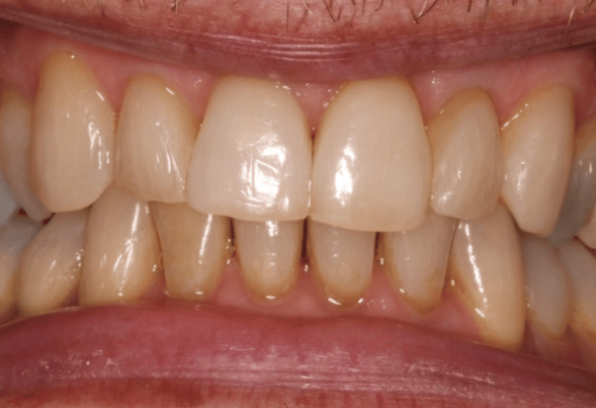Sedation: Your guide to pain-free dentistry.
For many people, the thought of visiting the dentist can evoke feelings of fear or anxiety. Whether it’s due to a previous bad experience, a fear of needles, or a general unease about dental procedures, dental anxiety can prevent individuals from seeking the care they need. To help alleviate these concerns and ensure a more comfortable experience, many dentists offer sedation options during treatments.
Sedation dentistry involves using medication to help patients relax during dental procedures. This approach is particularly beneficial for those who experience significant anxiety, have a low pain threshold, require lengthy or multiple treatments, or have difficulty sitting still in the dental chair.
IV Sedation (Deep sedation)
Intravenous (IV) sedation delivers sedative medication directly into the bloodstream through a vein, allowing for more immediate and controlled effects. IV sedation induces a deeper level of relaxation, and patients may drift in and out of sleep but can still be easily awakened if necessary. It’s ideal for patients undergoing lengthy or more invasive dental procedures. A trained dentist or anesthesiologist carefully monitors the patient’s vital signs throughout the treatment. Like with oral sedation, patients will need someone to escort them home afterwards.
Benefits of sedation dentistry
- Reduced Anxiety and Fear: Sedation helps patients feel calm and relaxed, allowing them to receive necessary dental care without overwhelming anxiety or stress.
- Pain Control: Most forms of sedation have analgesic effects, minimising discomfort during dental treatments in conjunction with local anaesthetic.
- Efficient Treatment: Patients under sedation are more relaxed and still, which can help dentists complete procedures more efficiently. In some cases, more complex or multiple procedures can be completed in a single visit.
- Amnesia Effect: Many patients experience little to no memory of the dental procedure, which can help reduce future anxiety about returning for follow-up care.
- Improved Experience for Patients with Special Needs: For patients with special needs or severe dental fear, sedation can make it possible to receive care that might otherwise be difficult or traumatic.
What to expect before and after sedation
Before undergoing sedation, it’s essential to follow the dentist’s instructions closely. This may include fasting for a certain period before the procedure, depending on the type of sedation being used. You should also arrange for someone to accompany you to and from the appointment, especially if oral or IV sedation will be used.
After the procedure, the effects of sedation will vary depending on the type. Nitrous oxide wears off quickly, while oral and IV sedation can leave you feeling groggy for a few hours, necessitating rest. Dentists will provide detailed aftercare instructions to ensure a smooth recovery.
FAQs
1. Is sedation dentistry safe?
When administered by trained professionals, sedation dentistry is a safe and effective option for managing anxiety and discomfort. Dentists or anesthesiologists will assess your overall health, medical history, and any medications you are taking before determining the appropriate level of sedation.
During treatment, the patient’s vital signs (heart rate, blood pressure, oxygen levels) are carefully monitored to ensure safety.
2. Who can benefit from sedation dentistry?
Sedation dentistry can be beneficial for a wide range of patients, including:
- Patients with Dental Anxiety or Phobia: Those who experience significant anxiety or fear of dental visits can benefit greatly from sedation, allowing them to receive care in a more relaxed state.
- Patients with Low Pain Thresholds: Individuals who are particularly sensitive to pain or discomfort during dental procedures may find sedation helpful in managing sensations.
- Those with a Strong Gag Reflex: Sedation can help reduce the gag reflex, making it easier for both the patient and dentist during procedures.
- Patients Requiring Extensive or Multiple Procedures: For those who need multiple treatments or lengthy dental work, sedation allows these procedures to be completed in fewer appointments.
Back to General Dentistry







